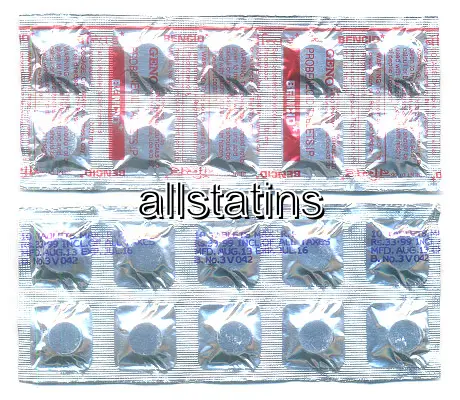Buy Probenecid Online in New Zealand | All Statins New Zealand
| Package | Dosage | Price | Price per Dose | |
|---|---|---|---|---|
| Dosage: 500mg | ||||
| 360 pill | 500mg | NZD1,022.93 | NZD2.84 | |
| 180 pill | 500mg | NZD553.32 | NZD3.08 | |
| 120 pill | 500mg | NZD406.76 | NZD3.38 | |
| 90 pill | 500mg | NZD331.98 | NZD3.68 | |
| 60 pill | 500mg | NZD254.21 | NZD4.25 | |
| 30 pill | 500mg | NZD173.45 | NZD5.74 | |

Probenecid Description
Introduction to Probenecid
Probenecid is a medication primarily used to treat gout and certain types of kidney stones. It belongs to a class of drugs known as uricosurics, which work by increasing the elimination of uric acid from the body. Managing uric acid levels is crucial for patients suffering from gout, as high uric acid can lead to painful crystals forming in joints. This medication is also sometimes employed to enhance the effectiveness of certain antibiotics by prolonging their presence in the bloodstream.
How Probenecid Works
Probenecid functions by blocking the reabsorption of uric acid in the kidneys. Normally, uric acid is filtered out of the blood by the kidneys and partially reabsorbed back into the bloodstream. By inhibiting this reabsorption process, probenecid encourages the kidneys to excrete more uric acid through urine. This mechanism helps to lower serum uric acid levels, reducing the frequency and severity of gout attacks. Its action on renal transporters makes it effective in managing chronic hyperuricemia.
Benefits of Using Probenecid
Many patients find probenecid to be an effective option for gout management, especially those who do not respond well to other treatments. It can help prevent future flare-ups and alleviate the joint pain and inflammation associated with gout. Additionally, by promoting uric acid excretion, it may reduce the formation of kidney stones caused by uric acid crystallization. When used correctly, probenecid can be a valuable part of a comprehensive treatment plan that includes dietary modifications and lifestyle changes.
Precautions and Side Effects
While probenecid is generally well-tolerated, certain precautions are necessary. Patients with a history of kidney disease, blood disorders, or allergy to the medication should consult their healthcare provider before use. Common side effects may include nausea, rash, and abdominal discomfort. More rare but serious reactions can include allergic reactions, kidney stones, or a decreased effectiveness of other medications. Regular monitoring of uric acid levels and kidney function is advised during treatment to ensure safety and efficacy.
How to Take Probenecid
Probenecid is typically taken orally once or twice daily, with doses adjusted according to individual response. It is important to take the medication exactly as prescribed by a healthcare professional. Patients should follow dietary recommendations to avoid foods high in purines, which can increase uric acid levels. Staying well-hydrated is crucial to prevent kidney stones. Patients should also inform their doctor of all other medications they are taking, as probenecid can interact with certain drugs, including aspirin and some antibiotics.
Consultation and Monitoring
Before starting probenecid, a thorough medical assessment is necessary. Monitoring uric acid levels regularly helps determine if the medication is effective. Adjustments to dosage may be needed based on response and side effects. Patients should be aware of the importance of ongoing medical supervision to avoid complications. In some cases, combining probenecid with other gout medications may offer better control over uric acid levels. Always inform healthcare providers about any new symptoms or concerns during treatment.
Conclusion
Probenecid remains a valuable medication for managing hyperuricemia and preventing gout attacks. Its ability to increase uric acid excretion makes it a preferred choice for many patients. With proper use and medical supervision, it can significantly improve quality of life for those affected by gout. As with all medications, understanding its mechanism, benefits, and potential side effects is essential for safe and effective treatment. Regular check-ups and adherence to medical advice are key components of successful therapy with probenecid.
